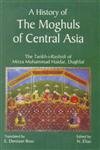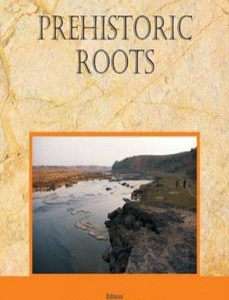WRITING NATION’S HISTORY: A Study of Three Postcolonial Texts
₹1,195.00 Original price was: ₹1,195.00.₹956.00Current price is: ₹956.00.
25 in stock
Writing Nation’s History: A Study of Three Postcolonial Texts, examines ‘Nationhood’ as a socio-political construct in the postcolonial perspective. Despite the noticeable differences in terms of approach, linguistic and stylistic tendencies, the three authors Salman Rushdie, Vikram Seth and Arundhati Roy, have explored the concept of identity and resilience through the multi-faceted lens of religion, language, caste, sex, family, community and the collective past. India is represented as a construct that constitutes a dream, a collage of many colours, a blending of cultures, nationalities and pluralistic society. These canonical texts by the three authors offer a clear eyed elucidation of the ways in which the socially marginalized forces played out at the level of the individual and the nation.
Contents
1. Defining Colonialism/Postcolonialism as a Literary Theory and its Applications: Critical Survey of India as a Material for Fiction Writing
2. Allegory of History: Rushdie’s Midnight’s Children
3. Quest for an Indian Identity: Seth’s A Suitable Boy
4. History House as the Backdrop: Roy’s The God of Small Things
5. Constructing the Image of the Nation: Problems and Issues
| Author's Name | |
|---|---|
| Binding | |
| Release Year | |
| Language | |
| Publisher |
Related products
History / Archeology
History / Archeology
History / Archeology
History / Archeology
History / Archeology
HISTORY OF ANCIENT INDIA: Volume V: Political History and Administration (c.AD 750-1300)
History / Archeology
History / Archeology
History / Archeology











